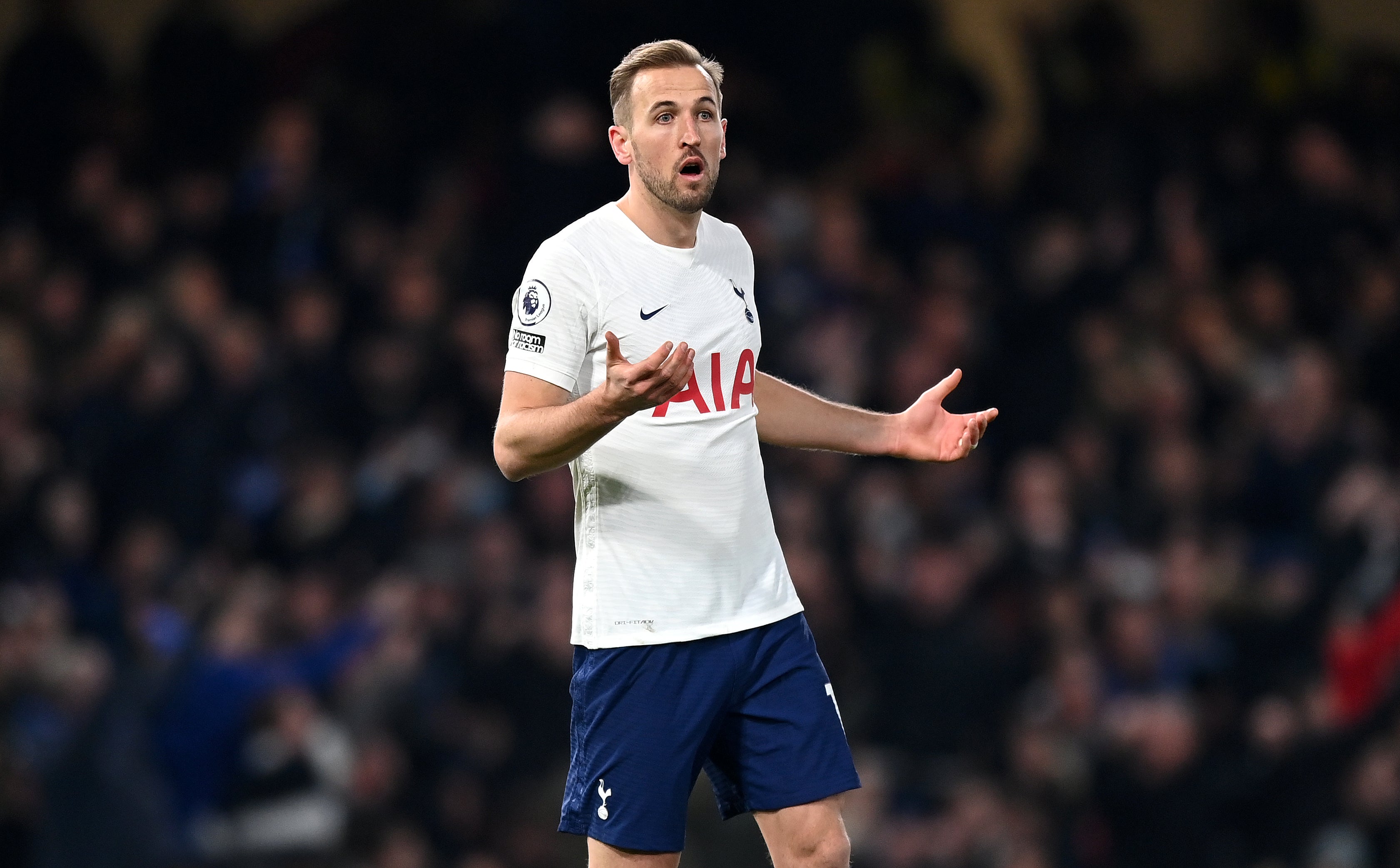VAR is no more influential than a good pair of spectacles or an alert linesman
Letters to the editor: our readers share their views. Please send your letters to letters@independent.co.uk

Ben Burrows suggests, like many others, usually disappointed fans of the losing sides, that VAR is some sort of alien being in the sky arbitrating on the outcome of football matches (VAR takes centre stage yet again – it was never supposed to be like this).
VAR is a useful piece of technology installed to help referees make the right decision. It is no more influential than a good pair of spectacles, or an alert linesman. The referee calls for the assistance of VAR and uses it to help him make a decision. The referee ultimately decides the outcome of an incident even when VAR is consulted, as referees have always done.
We might disagree with that referring decision, but please, leave that poor, little bit of impartial technology out of our condemnation of how matches play out.
D Corey
Redcar
Although not a football fan, it has always struck me that football is a game, a game that, like any other, combines skill and chance. Historically, one of those elements of chance has been the referee’s decision. It may well be that there is a case for VAR for correcting referee “clangers”. But not for judging the minutiae of every decision.
Roland Metcalf
Manchester
Peter Bone is one lucky MP
Peter Bone MP was on Newsnight this week defending the prime minister’s latest alleged breaking of lockdown rules at a birthday gathering. While spending last weekend knocking on doors in his constituency, he claims just one (Labour) voter was angered by “Partygate”, compared with many more who were very exercised by the abolition of the BBC licence fee and “Ukraine”.
He may have chanced upon an ex-Soviet emigre community or canvassed a ward of graduates from the doubtless excellent politics department of Northampton University. Either way, MPs up and down the land will be envious of the geopolitical sophistication of his constituents.
Phil Walsh
Sheffield
Partygate
During the lockdown in 2020, singing praises to God was prohibited in places of worship, no matter how small the gathering. We now understand that in Downing Street, singing “Happy Birthday” to the prime minister was permitted. What does that tell us?
Tony Shephard
Shropshire
Grant Shapps defends the latest Partygate revelations by saying the prime minister’s birthday cake “do” was not a party. Does this mean I could have organised a massive boozy shindig on the same day and as long as I didn’t call it a party, on Shapps’s criterion it would have been legal?
Alan Pack
Canterbury
All photos of the Downing Street gatherings should be made public so that we can judge if they were parties. If none were taken, it indicates that the participants knew they were illegal.
Dr John Doherty
Stratford-upon-Avon
Covid fraud
It was interesting to read of Lord Agnew’s stated reason for resigning as minister of efficiency at the Treasury and Cabinet Office. The scale of the Covid-related fraud, £47bn, is truly astounding and for the chancellor to quietly slip out a statement that he has no intention of pursuing those who have defrauded the taxpayers is lamentable.
We know that if a social security claimant is overpaid a few pounds, often through an innocent error while navigating the labyrinthine small print of the claim forms, they are pursued with great vigour by the Department of Health and Social Care.
I assume that one reason for not pursuing the fraudsters is that record-keeping was so poor that the government doesn’t actually know who to go after. Another reason for the chancellor to make the announcement in such a low-key manner could be that he doesn’t want to draw attention to his own record while pursuing a campaign to become the next prime minister.
David Felton
Wistaston
No joy at the bottom of a glass
Unfortunately Sean O’Grady is mistaken when he writes that “a bottle of South Australian merlot will be somewhat cheaper in the supermarkets” following Britain’s post-Brexit trade deal with Canberra (Paul Keating recognises the reality of Britain’s post-Brexit standing). The new sliding scale of tax payable on wine by alcohol volume will negate any benefit of the deal. Yet another lose-lose effect of Brexit.
Michael O’Hare
Northwood, Middlesex
Join our commenting forum
Join thought-provoking conversations, follow other Independent readers and see their replies
Comments
Bookmark popover
Removed from bookmarks